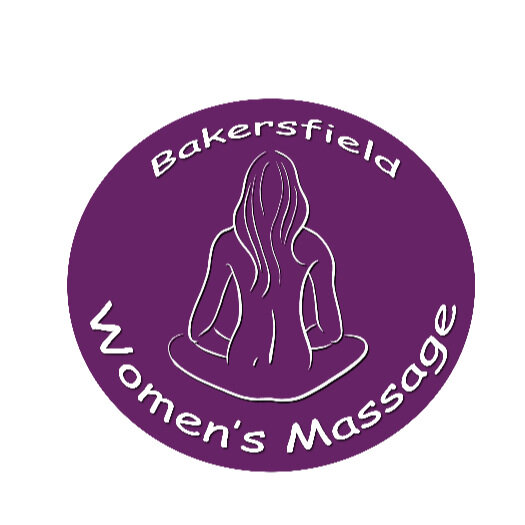Manage Stress to Improve Your Health
We are almost 18 months into the COVID-19 pandemic. As Summer ends, school begins and routines change again. The overarching disruption of the pandemic may be impacting how you respond to these changes. The American Psychological Association Stress In America™ 2020 Survey shows that Americans are experiencing an increased level of stress. This can have detrimental effects on all aspects of life from health to relationships to job performance. Luckily, there are ways you can manage your stress before it becomes harmful to your health.
What is stress?
Stress is your response to challenges or change. Responses to stress can be physical, emotional, and psychological or any combination of these. Everybody experiences stress. Short term stress can be energizing. This energy can help you accomplish tasks such as meeting a deadline at work or school. Some types of stress can be detrimental to your health: continuous stress, over a long period of time; sudden, unexpected events that feel unmanageable; and stress related to trauma.
According to the Mayo Clinic, prolonged stress can contribute to health problems, such as anxiety, depression, diabetes, high blood pressure and digestive disturbances. When stress goes from being an occasional experience to a chronic condition, health is negatively affected.
How much is too much?
Everyone has their own stress threshold. You know your limit has been reached when stress interferes with your overall sense of health and well-being. Too much daily stress can have a cumulative effect causing mental and physical health ailments. In 2018, the Everyday Health United States of Stress Survey showed that almost 1/3 of those surveyed visited a doctor for a stress-related issue. Some indicators of too much stress include:
feeling overwhelmed
difficulty concentrating
difficulty falling or staying asleep
change in appetite
changes in weight
digestive disturbances: gas, diarrhea, constipation, heartburn
physical problems: headaches, backaches, digestive upset
short temper
muscle tension
pain
If your experience any of these symptoms start by visiting your doctor. They may be a sign of a physical condition. Additionally, if symptoms of emotional distress make it difficult to manage day-to-day activities, contacting a mental health professional may be in order. You can take steps to manage your stress to improve your health and overall well-being today.
I have so much to do. How do I reduce stress and still get it all done?
Luckily, self-care doesn't take much time. Simply stopping to take few breaths or drink of water can be helpful. Be sure to incorporate stress-relieving activities into each day. Base these activities on the amount of time you have and what works for you. Here are some proven ways to manage stress:
Ask for help or delegate to reduce the number of tasks on your plate.
Journal a few times per week.
Notice the good at the end of each day.
Manage your time by prioritizing tasks.
Move your body daily, preferably 15-30 minutes per day of intentional movement.
Eat healthfully including fresh fruits and vegetables at each meal.
Drink water.
Practice mindfulness or meditation.
Do something enjoyable for at least 15 minutes each day.
Take a media break: several hours or a day can greatly improve your outlook
Awareness is key
The first step to managing stress is recognizing you need a break before you go over your stress threshold. Increase your stress awareness by checking-in with yourself every few hours to ask: How am I feeling? Know signs that you need a break. Become aware of what helps you to relieve stress. If you want to get serious about managing stress, start by tracking how you feel physically and emotionally and the activities that are most enjoyable/relaxing and least enjoyable/stressful. Do this for at least two weeks. This will give you a better picture of how you feel overall and where you may start to make some positive changes.
Massage Can Help
Massage can be part of your stress management practice. Practicing self-massage throughout the day or week will allow you to slow down and be present. Add professional massage to your regular self-care practice. Receiving a monthly massage can help give you a break, relieve physical discomfort, calm tension, improve sleep and provide respite from your busy life. Create a routine around your massage to extend the benefits: plan a calm day after your massage, visualize your massage during stressful times to recreate calm, use the self-awareness that may come during massage to make small adjustments between session to increase daily calm. Even a short 30 or 45 minute massage is beneficial. It all begins with an idea. Maybe you want to launch a business. Maybe you want to turn a hobby into something more. Or maybe you have a creative project to share with the world. Whatever it is, the way you tell your story online can make all the difference.
